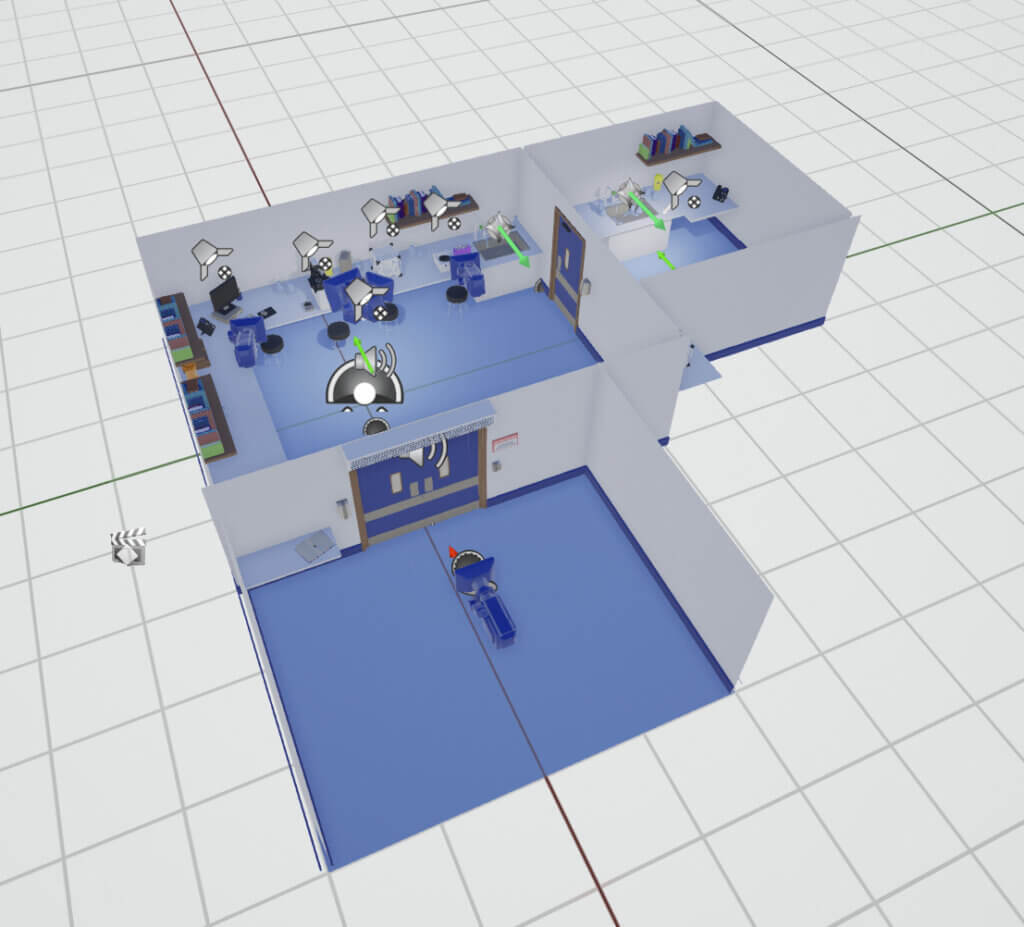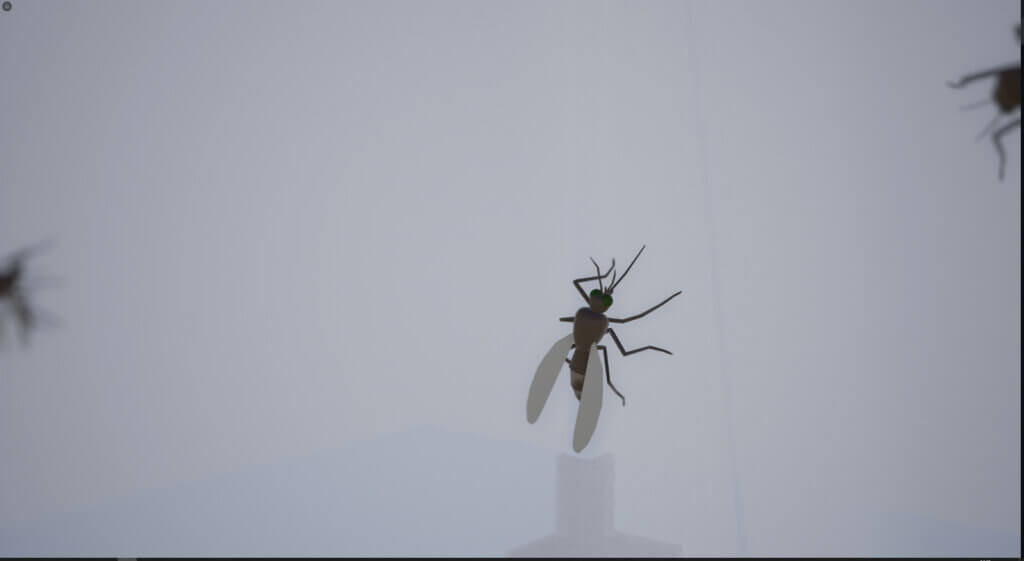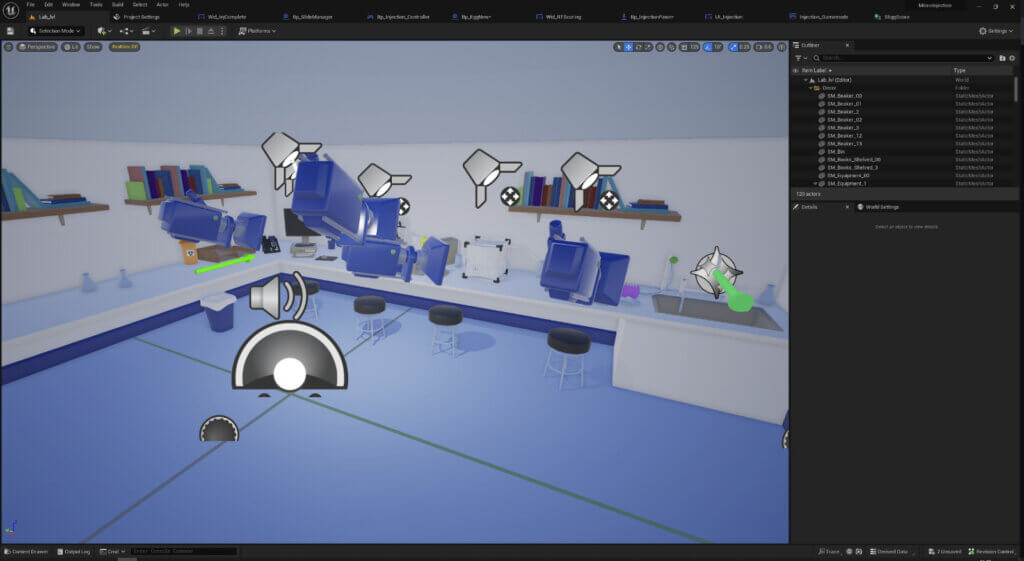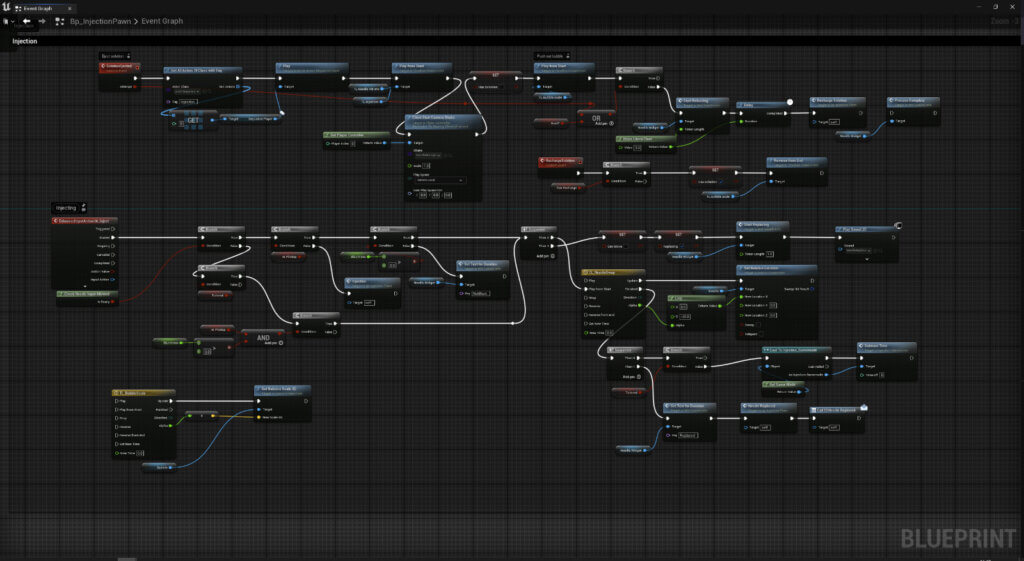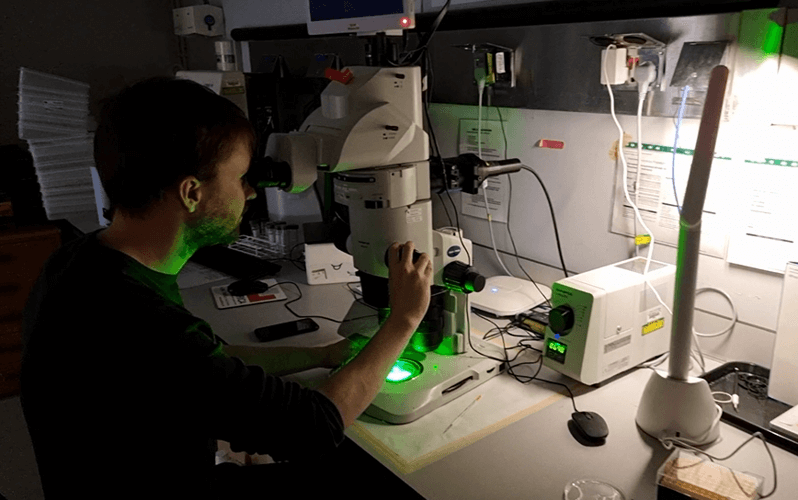Target Malaria: The Game! Beta launch ready for download

Welcome to Target Malaria: The Game! A video game experience that will immerse you in the role of a Target Malaria lab researcher developing genetically modified mosquitoes to fight malaria in Africa.
Our goal is for the video game to take you through the entire discovery development journey, from researching information about mosquitoes and malaria and designing gene drive mosquitoes, to rearing mosquito colonies and conducting experiments. So far, we have developed two modules that you can play in this beta release!
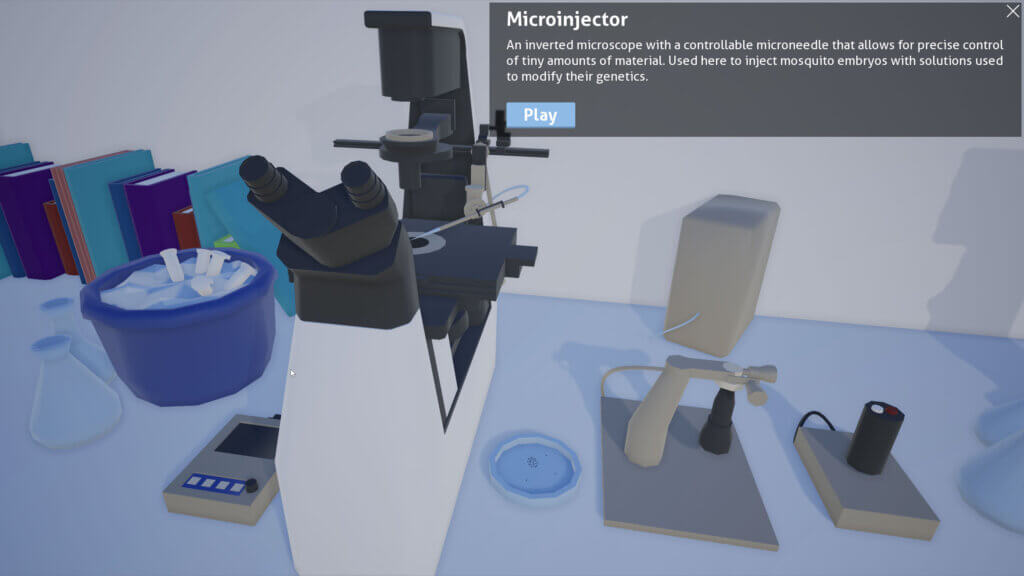
Module 1: Microinjection
In this mini video game, “Microinjector”, you’ll use an inverted microscope and a microneedle to inject gene drive DNA solutions into mosquito embryos, creating your first genetically modified mosquitoes. The embryos are lined up and ready for injection. First, you’ll need to adjust the needle height to align with the embryo, then carefully manoeuvre it to target the highlighted optimal area for successful modification within, before injecting the solution. After injecting, you can then proceed to the next embryo. Precision is crucial – any misstep can damage both the embryo, and the needle (which will need to be replaced, causing delay) or result in missing the target. The healthier the embryo and the more accurately you hit the target, the better chances of survival and modification, earning you more points. Speed also matters – the more embryos you inject within the time limit, the higher your chance of success and a high score!
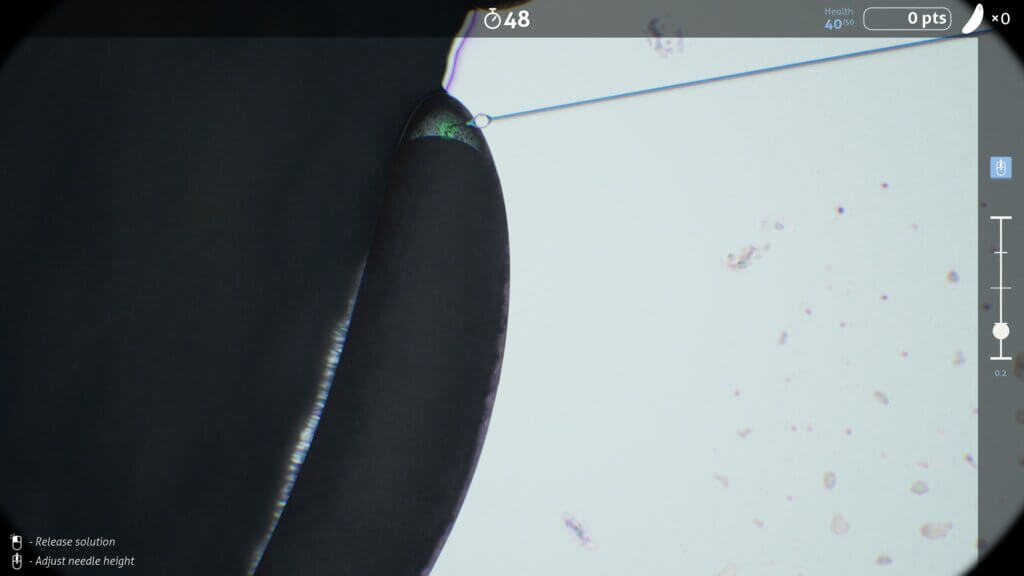
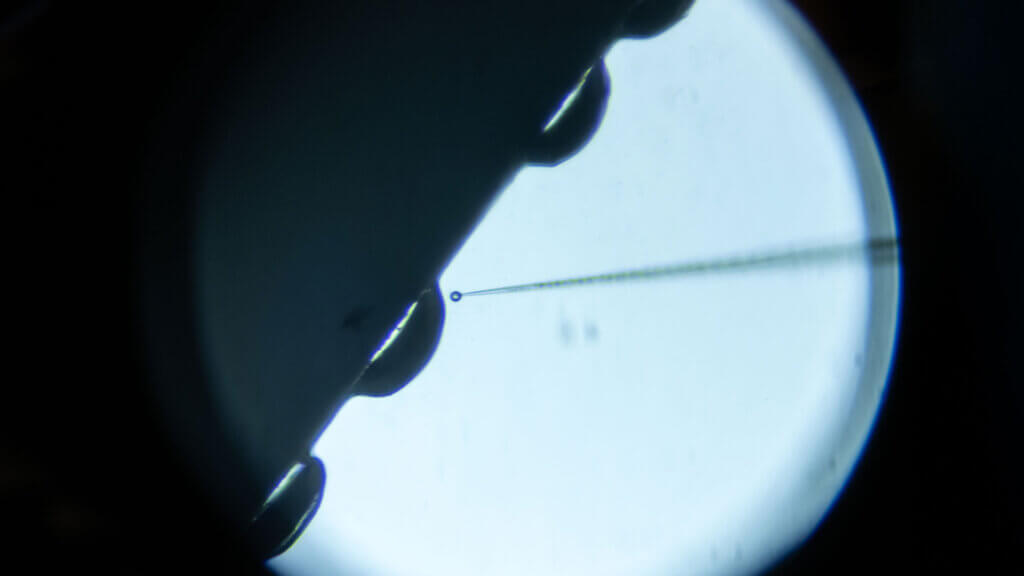
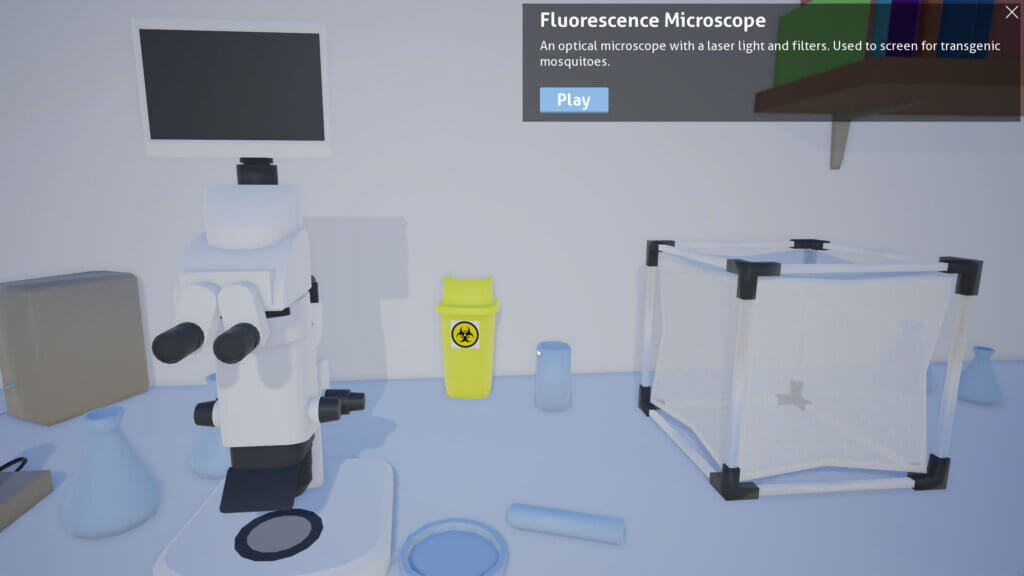
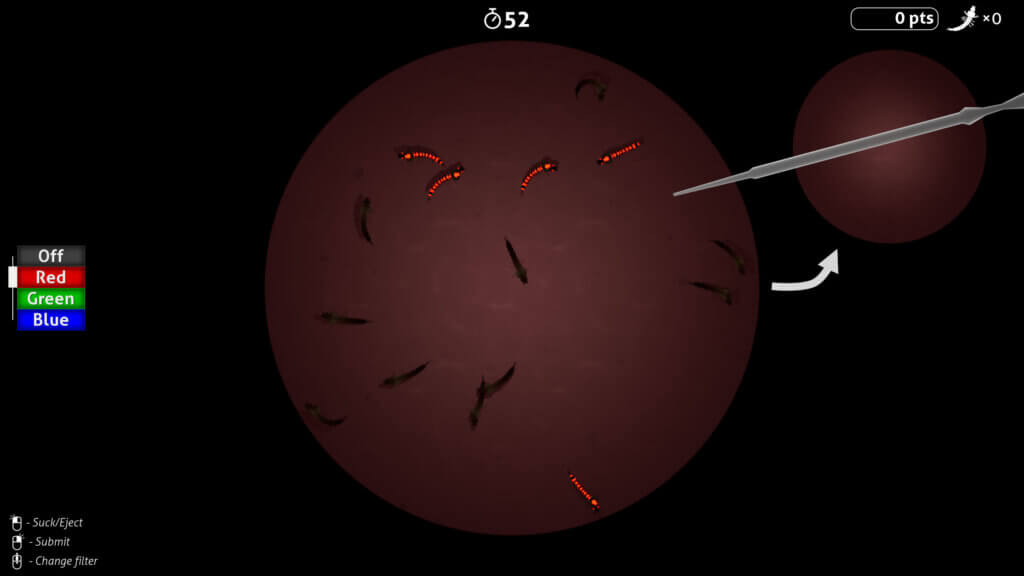
Module 2: Fluorescence screening
Next, you’ll progress to another module, “Fluorescence microscope”, where you’ll use a microscope with a fluorescent beam to reveal and collect your transgenic (genetically modified) mosquito larvae. The transgenic larvae not only have genetic modifications that are otherwise invisible, but they also express a “marker” protein that makes them glow under fluorescent light, allowing for easy identification. Different batches of mosquito larvae represent various transgenic strains, each with a specific fluorescence – red, green or blue – so you’ll need to scroll through the filters to find the right one!
For each batch, you’ll receive a petri dish full of unsorted larvae and will use a pipette to transfer the transgenics into the collection pot. This can be tricky as they tend to wriggle around!
Once you’ve collected as many as possible, you’ll submit the pot for analysis. The more transgenics you collect within the time limit, the higher the score, with a bonus for collecting all in a batch. However, be careful – any non-transgenic larvae accidentally sorted into the pot may jeopardise your future experiments and cost you points!
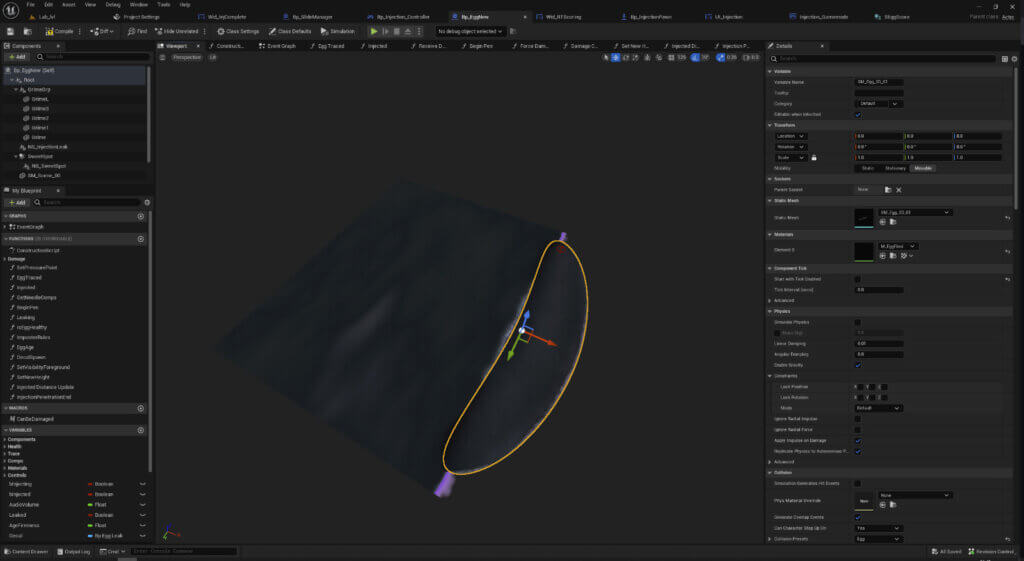
The video game was conceived by Louise Marston, Senior Research Technician at the Crisanti Lab, Imperial College London as a way of allowing others to learn about Target Malaria’s work by having an overview of what developing genetically-modified mosquitoes in a lab looks like, without the need for live mosquitoes or large microscopes. The game has a scoreboard to record the scores and compete with others.
I have built the video game using Unreal Engine – the game development software used to create popular games such as Fortnite. To reach as many people as possible, the game has been designed to run not only on dedicated gaming PCs, but also on low-spec systems. The game has a scoreboard to record the scores and compete with others. It is available at the moment in French and English. We hope to develop it in African languages too.
Whilst it’s impossible to include every detail in the process, the game has been designed to accurately depict the scientific principles and techniques as realistically as possible, incorporating real-life elements including some of the challenges encountered and even some of the audio.
The video game was tested in 2024 in the United Kingdom at Imperial Lates in February and The Great Exhibition Road Festival in June. It premiered at New Scientist Live in October, where it was met with great interest. We plan to take it next to Africa.
As well as educational, we hope it’s also a fun experience!
“I’d like to extend my warmest thanks to Louise and the rest of the Crisanti Lab, Imperial College London, and the Target Malaria Communications Team for their contributions. We’re thrilled to continue developing the next modules, and can’t wait to hear your thoughts!“
Michael Marston, independent video game developer.
